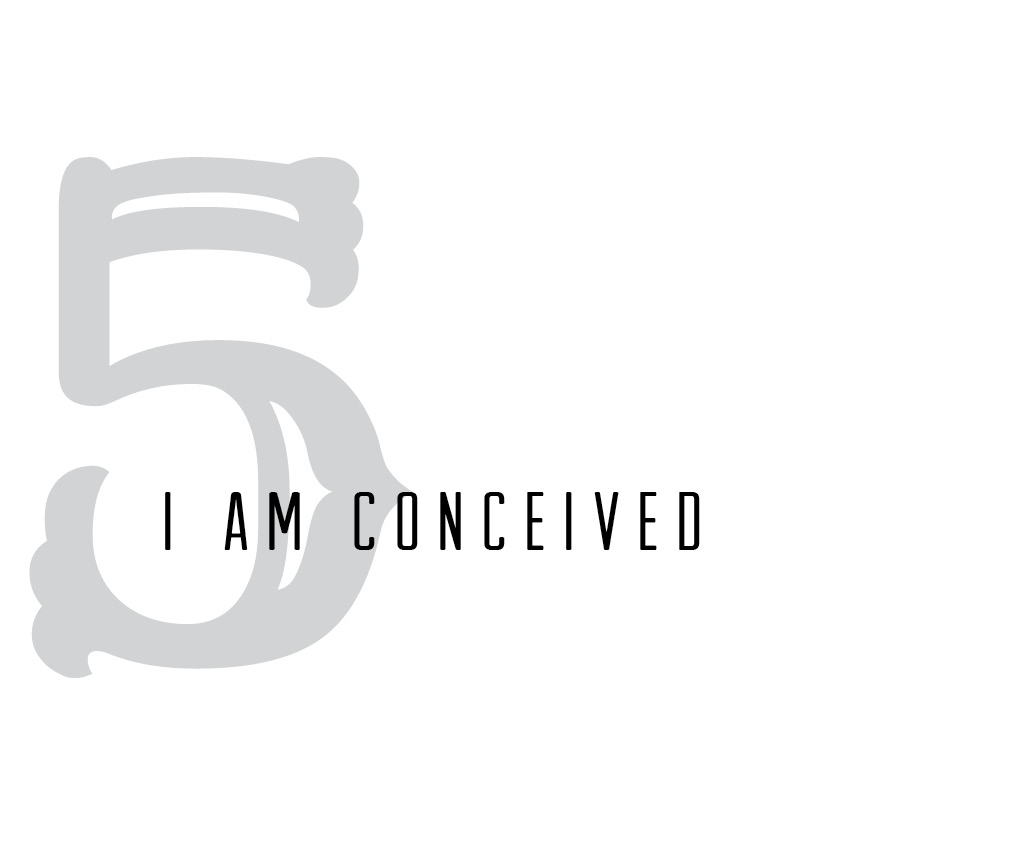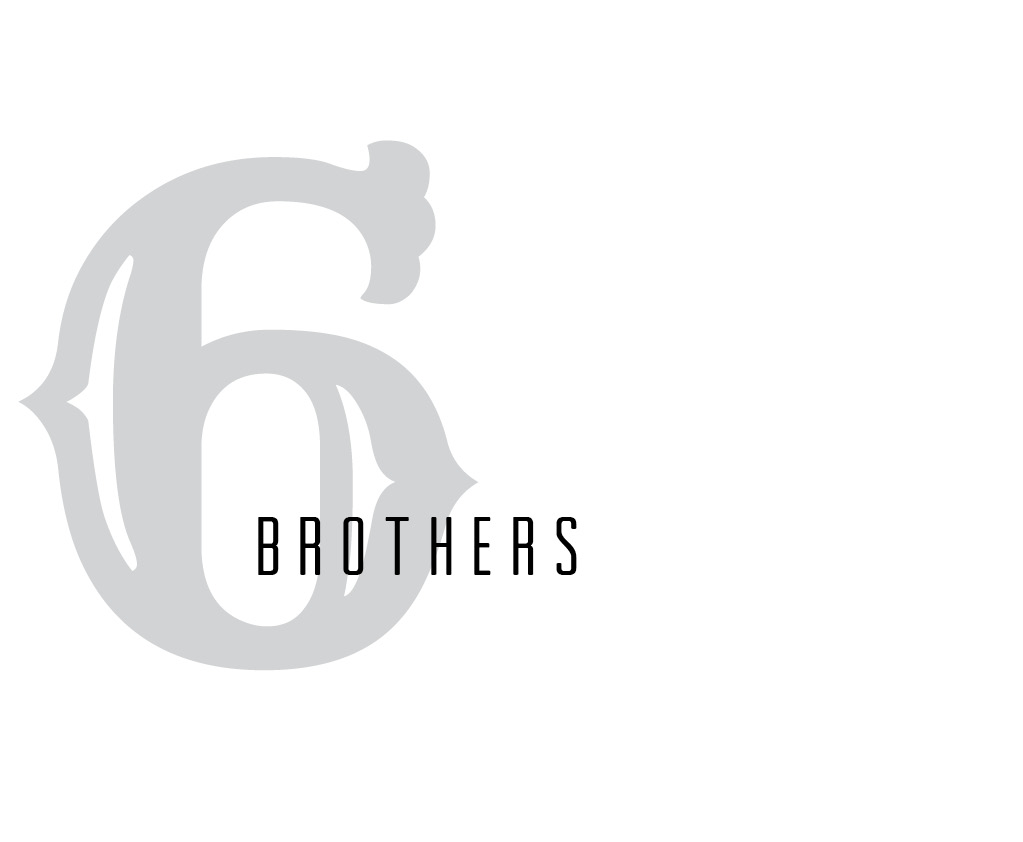A Bird's Eye (2 page)
Authors: Cary Fagan
Tags: #Literature & Fiction, #Genre Fiction, #Coming of Age


The man who heard her cry was named Jacob Kleeman. His own clothes were drenched and, being gaunt-faced and bony-limbed, with little flesh on him to keep in the heat even in August, he shivered while his crooked teeth chattered. Yet he was determined to test his new mechanical toy. A fish, nine inches long and made of several articulated tin sections plus the head and hinged fins. Wound up with a key and attached to a rod and short line, it was supposed to act like a real fish that had been hooked.
It had worked well enough in the bathwater at home, pulling and darting, although instead of leaping it had only thrashed at the surface. Now he needed to test it in moving water. Always fearful and suspicious that somebody would steal his inventions, he had waited for a night without crowds. But the rain had been too heavy on the trip out.
The ferry was travelling faster than was ideal, but now that the rain had finally let up, he was impatient to try. He wound the spring mechanism with the key, which he then slipped into his pocket. He dangled the fish from the line where it wriggled fiercely, giving off a high
whirr
. He lowered it into the water and it immediately battered itself against the hull of the boat. For an anxious moment he lost sight of it, and when he pulled it up again, the fish spasmodic, he saw that several segments were dented and the tail fin had broken off.
Twelve weeks of work, hours spent every night no matter how exhausted, for this broken and useless thing.
He sighed, untied it from the rod, and slipped it inside his jacket.
And then he heard her.

He had made the journey to Toronto because of his brother, Hayim.
Together,
Hayim had written,
with your genius for invention and my talent for selling, we shall become rich and happy.
Jacob worked in the small family hotel in Otwock, a resort town on the Vistula. They all worked, from the oldest to the youngest, serving meals, washing laundry, fixing blocked toilets. The clientele, their suppliers, and their neighbours were Jews. They dealt with Gentiles only when paying taxes and bribing officials to keep their sons out of the army. They were religious but not scholarly, and they had made Hayim ambitious but without possibilities, and so he had broken their hearts by emigrating.
For Jacob, it wasn't so bad a life in Otwock. In his spare time he worked on his little mechanical projects. But his brother, my uncle, wrote to him from this place called Toronto that nobody had ever heard of. He described his spacious apartment, the good pay he received for satisfying work, the ease of starting a business of one's own. He wrote of the shops full of sparkling goods, the well-dressed women with narrow ankles.
Here
, he wrote,
everyone is treated the same, with dignity
. He lied because he needed Jacob. But he didn't lie when he wrote that the future was in the new country and that the old country was a graveyard.
So Jacob Kleeman used his savings and borrowed from relatives and paid for his fare. The five days aboard ship were horrendous, waves rolling ceaselessly, groans from every dark corner, the deck slurry with vomit. He arrived in Halifax half dead, and after the authorities checked him for lice and tuberculosis and infectious eye disease, he entered a world in which he could not understand a single word. Somehow he managed to buy a train ticket to Toronto, three days surviving on an apple and a hunk of bread, and when he finally stepped off the train at the old station in Toronto, he collapsed into his brother's arms.
Hayim had a second-floor room in a painted brick house on Euclid Avenue that leaned to one side. He shared it with a Litvak who played the violin but discovered that nobody wanted the old freylekhs and bulgars and had gone to work in a button factory. Jacob had not even a day before starting the job that Hayim had arranged for him, as a hat blocker in the Darling Building. The work made him ache for the freedom he had known in Otwock, and the amount of time he had once spent working outdoors and on his own interests. That he had once considered himself different from others and even superior, and had been made to feel that way by his own mother. who had called him her “little genius,” worsened the day-by-day deepening of his gloom.
Only his nights of tinkering gave him any relief. Hayim said that he was too impractical, that he had no understanding of ordinary people and what they might want. His mechanical creations were too complicated or expensive to produce in quantity. They were striking and odd but not really pleasing. A lion tamer who bent over to put his head in a lion's mouth and straightened up again without it. A woman who gave a peanut to a monkey who then pulled off her dress.
Jacob's one practical design was for a simple and less expensive reservoir pen, a sketch that he had dashed off while eating his lunch at work when his own pen leaked. Hayim thought it might be what they were looking for, but Jacob refused to contribute his own year of savings, which was almost as much as Hayim had accumulated in five. He didn't trust an idea that came to him in less than a minute and, in any case, he didn't want his genius to be made known to the world by the introduction of a cheap pen. He wanted to present to the world something truly original, something brilliant.
Possibly my father really was a genius. His toys were as mechanically innovative as they were unsettling. He had a strange and haunted mind.

She was so wet from the rain that his first impression was that of a woman climbing
onto
the ferry. But then she pulled her skirt free and he saw her leg begin to rise over the rail. He understood everything. Her agonized profile in the dark was beautiful and tragic, and my father, whose thoughts were always inward and who rarely noticed the faces of others, grew panicky with heroic purpose. Pigeon-toed, he ran to her.
She beat him with her hands as he pulled her back down, knocking off his battered hat, which spiralled over the rail. Then she collapsed, sobbing, in his arms. And he wept with her, his own pent-up grief suddenly released. Between gasps, he spoke to her in Yiddish, one moment soothingly and the next barking with anger. She responded in the dialect of her village. They did not let go of each other until the ferry clanged against the wharf, when they moved down the gangway, his arm supporting her waist.
Each assumed the other to be a greener, just off the boat and without English. They made their way past the dark warehouses and railway sidings until they came to a small lot where a leaking feather mattress lay on a mound of corrugated iron. They fell together with a hunger that neither of them had ever felt so intensely, although neither was a virgin. (My mother had lost hers to a supplier of garlic and spices, who took her in the storage room, his hand pushing away the birthmark side of her face. My father was led by his brother to a brothel on Richmond Street where a French-Canadian woman with grown children was kind to him, although afterwards he threw up in the alley.) They pulled off layers of mended clothing, kissed and bit, pulled and grabbed. Their moans were fragments of lost language rising into the air, heard distantly by a night watchman at a coal depot who paused in the lighting of his cigarette.
Afterwards, they put on their clothes, avoiding one another's eyes. He walked her in silence to her family house on Mansfield Street, not many blocks from the room he shared. Standing before the house, she felt the dampness between her legs. The house had a garden in front â lettuce, tomatoes, and that long green vegetable that Jacob knew was eaten by Italians. She looked up into his eyes and he saw her face clearly for the first time. In English he said, “You are beautiful.” She hurried up the porch stairs, fumbling for her key. He saw the ladder running up the back of her right stocking and thought:
She is my only chance at happiness
. And she, now closing the door, thought exactly the same. They were both as wrong as they could be.
My mother lay awake in the smallest room in the house, barely big enough for her narrow bed. She had washed herself in the bathroom, standing in the cast-iron tub and flushing water up between her legs, but one of my father's energetic sperm had already aggressively nestled itself into my mother's descended egg, showing more determination than he ever would.

My father and his brother looked nothing alike. Jacob had wiry black hair, an olive complexion, hooded eyes. He walked as if shackled at the ankles. My uncle Hayim was green-eyed, fair, short but graceful. His accent was much less pronounced. He flirted with shopgirls. He was ambitious, and burned with envy when he read in the
Yiddisher Zhurnal
of a Jew venturing north to open a jewellery store on St. Clair or a cutter going out on his own with a line of overcoats. When he came out of work to find the union pushers with their pamphlets, he shoved them aside. His own future was among the bosses.
On a Saturday night he liked to have a little fun. A streetcar ride to the new Sunnyside Beach, where he might meet a girl. On this night he only watched a baseball game in the Harbord playground, watching Jewish boys who were born here and felt at ease as he never would be. Returning, he was surprised to find that Jacob wasn't at home. Jacob always worked on his toys and then went to bed early. Perhaps he had fallen asleep on a park bench and wouldn't wake up until a cop tapped him with his nightstick.
Without Jacob home, Hayim had a hard time settling down to sleep. The Litvak's snoring was getting on his nerves. It was ridiculous, how his older brother needed looking after; he couldn't even find his way home. And Hayim also had to take care of their sister, Hannah, who would likely never marry. Hannah shared an attic room with a girl who worked with her at Tip Top Tailors, but when he made something of himself, the first thing Hayim would do was get them a decent place to live.
My aunt Hannah had taken the steamship over with Hayim but had almost been forced back to Europe. She had been held for eight days because of her club foot and Hayim, speaking little English and so unable to argue on her behalf, had waited every day until she was released. Even when they were children, he had protected her from bullies and insults.
And how were they to get their own place? Hayim thought
, leaning back on his own bed. Here Jacob was fiddling around with ridiculous toys when he had already come up with a perfectly good design for a low-cost pen with a die-stamped nib and the simplest internal reservoir and screw-suction system for taking up ink that Hayim had ever seen. A pen for secretaries, schoolteachers, housewives. Why did Jacob not see the beauty in its simplicity rather than in the complications of his little clockwork monsters? All it would take was a few hundred dollars to produce the first batch. Hayim had three hundred, but he needed Jacob's money too.
His own he kept in a bank, but Jacob insisted on putting his money in a tobacco tin under the mattress. Hayim looked over to make sure that Malevsky was still asleep and then reached over to pull out the tin. He opened the lid and drew out the pile of bills to count them. Jacob would never have come to Canada to earn this money if Hayim hadn't pestered him. He had even found Jacob his job. What was the point of money just sitting there, earning nothing? In what way was Jacob's stubborn refusal fair to Hayim or their sister? Surely Hayim would do them all a service if he started the business going and then brought Jacob into it.
He put the empty tin back and stuffed the money into the bottom of his own drawer. His heart pounded in his chest. But he knew what he had to do. Tomorrow he would become a businessman. And one day his brother would thank him.
